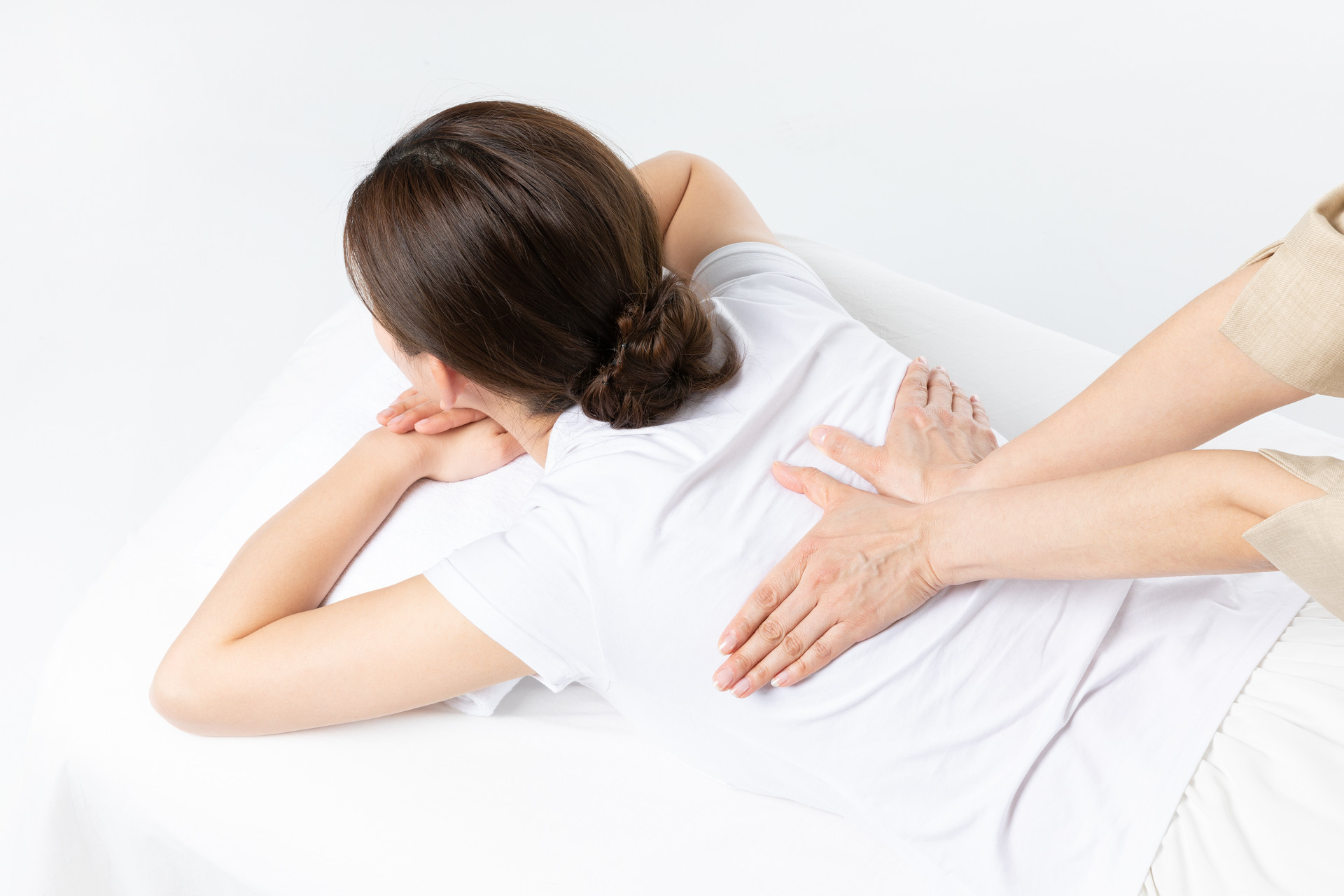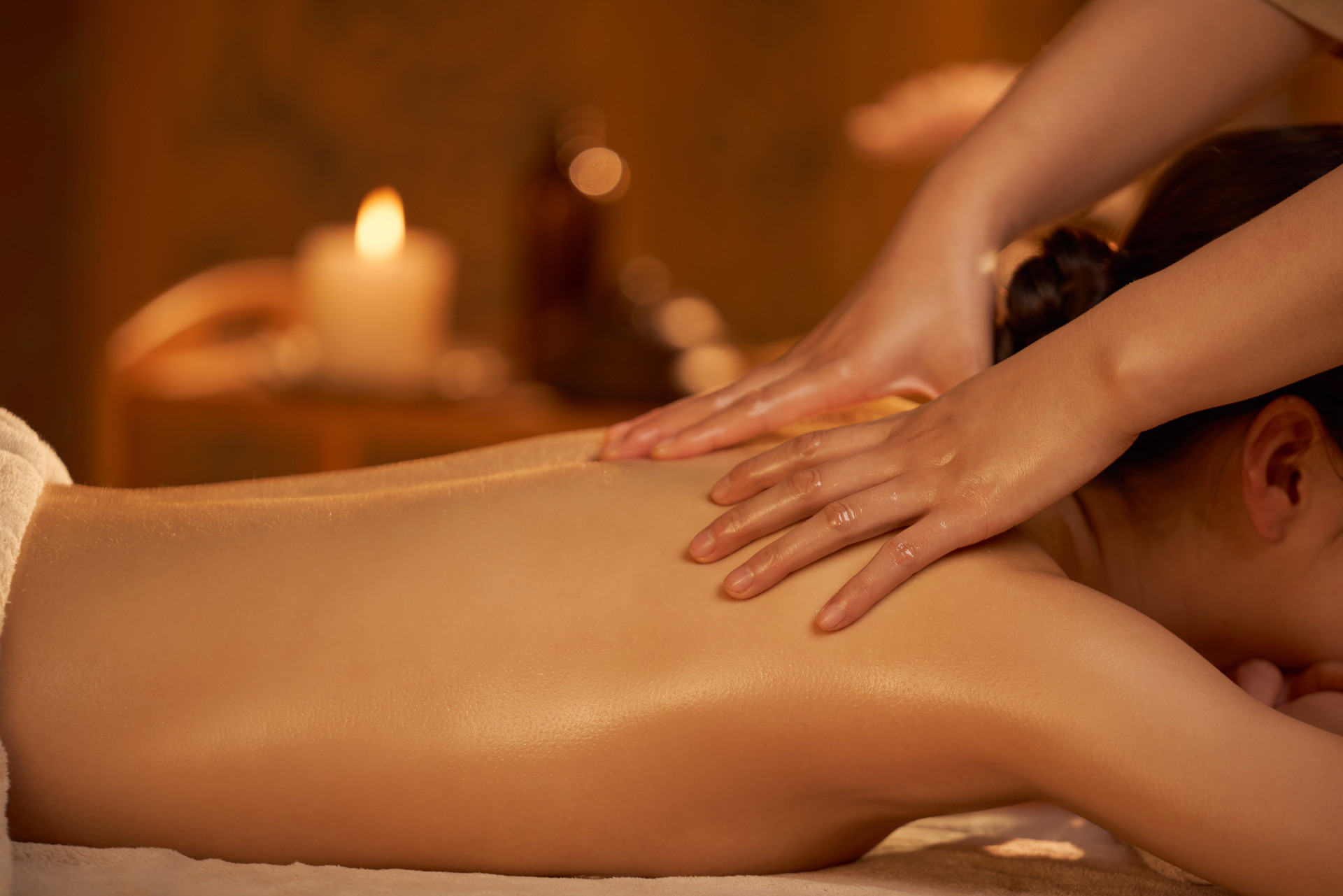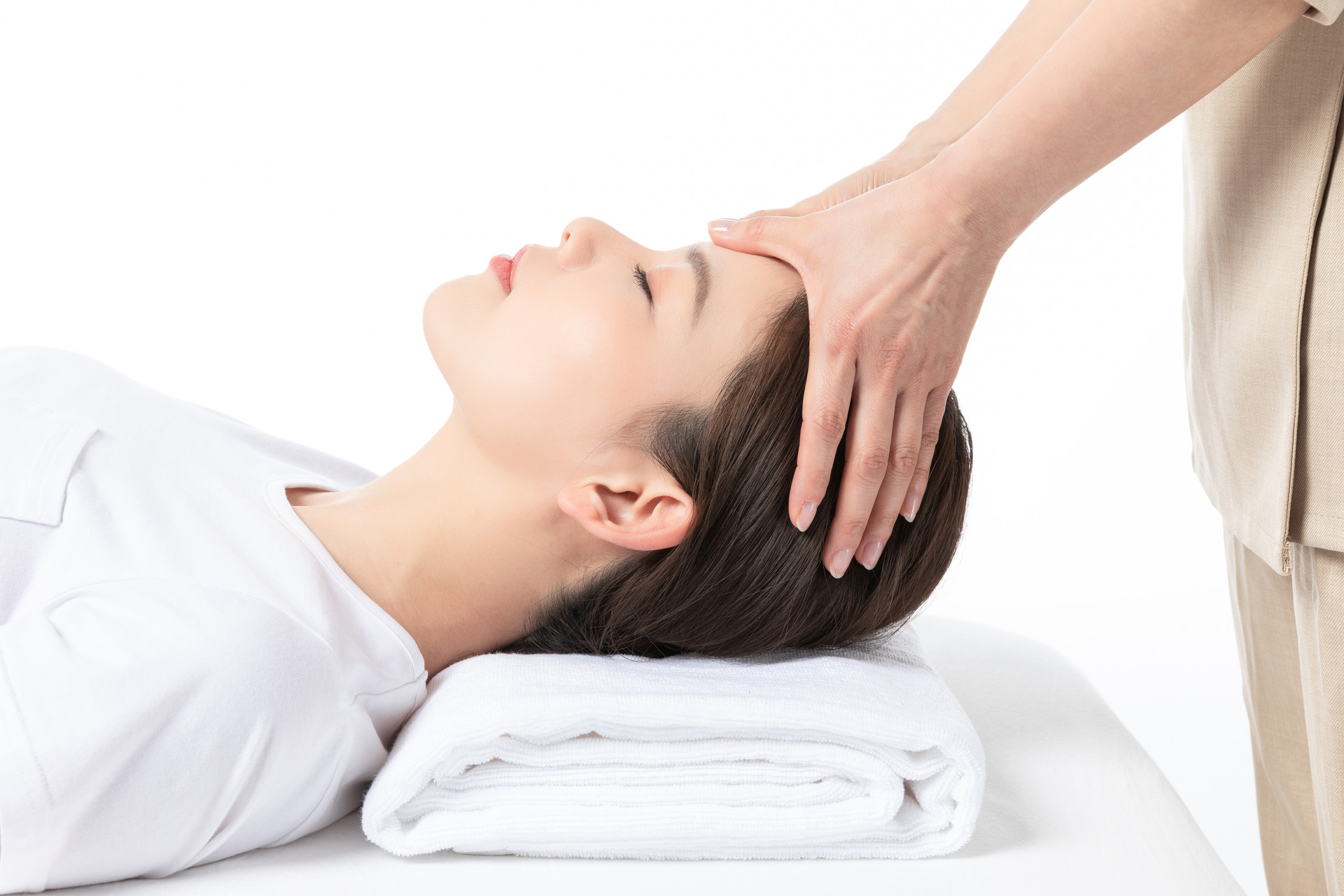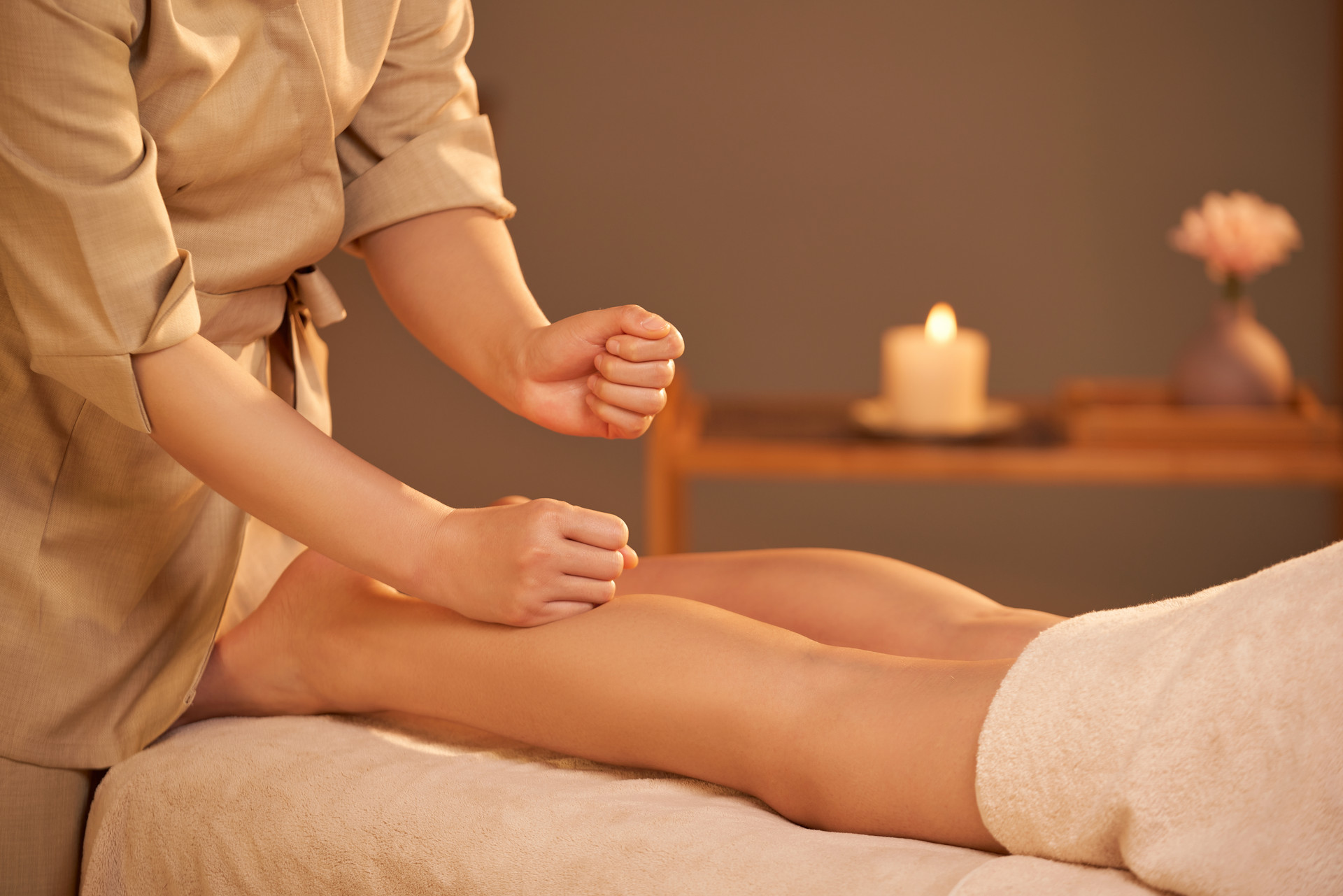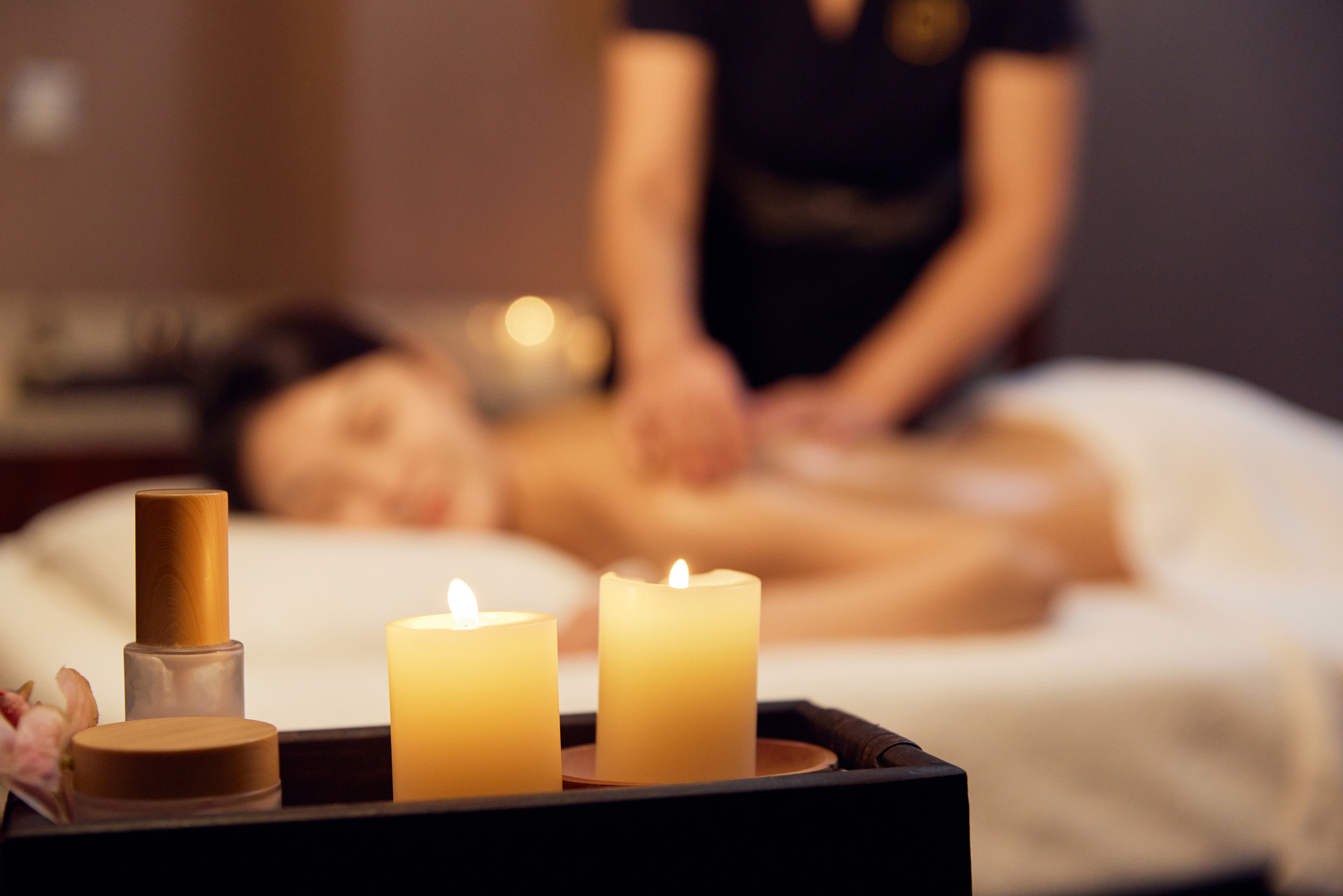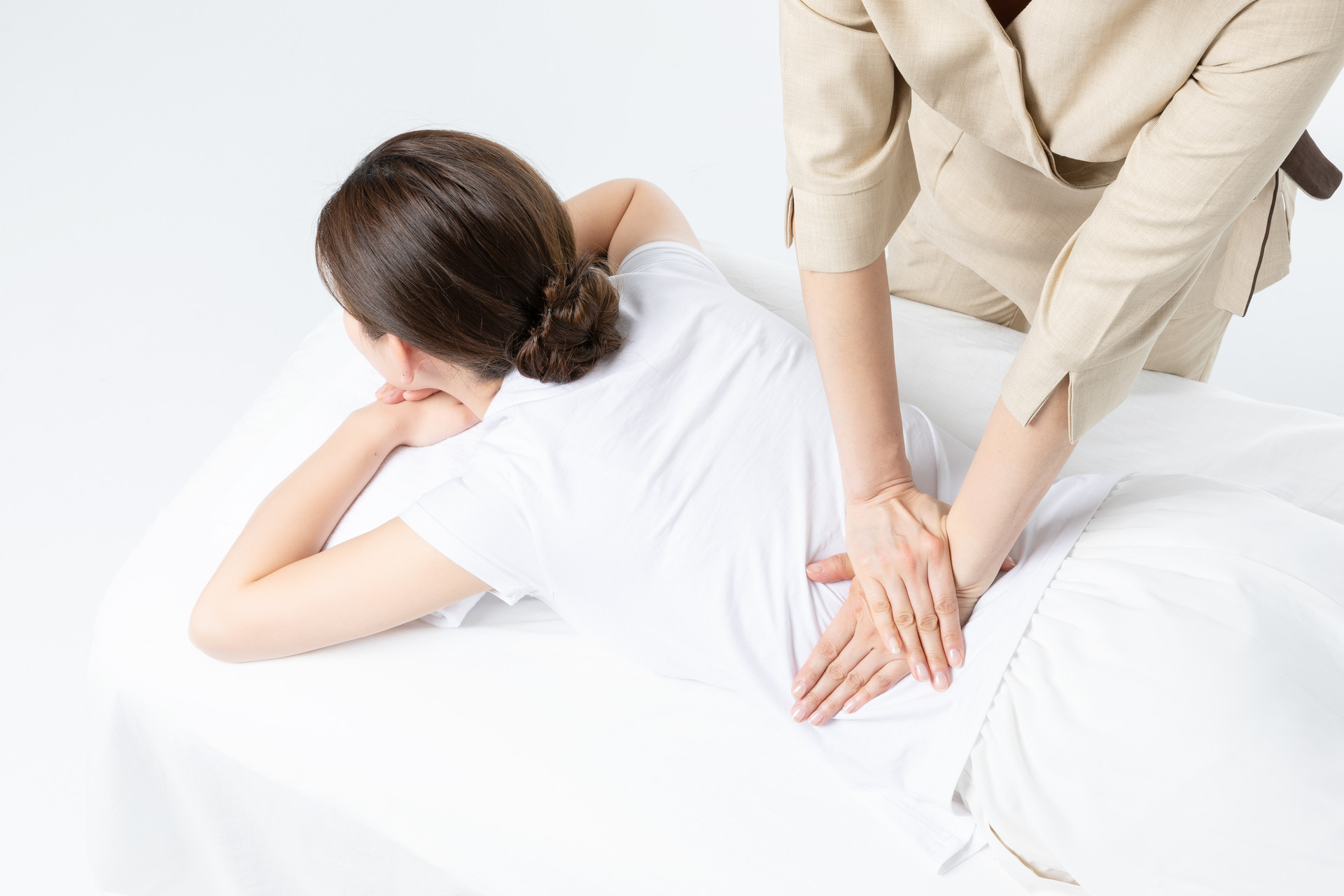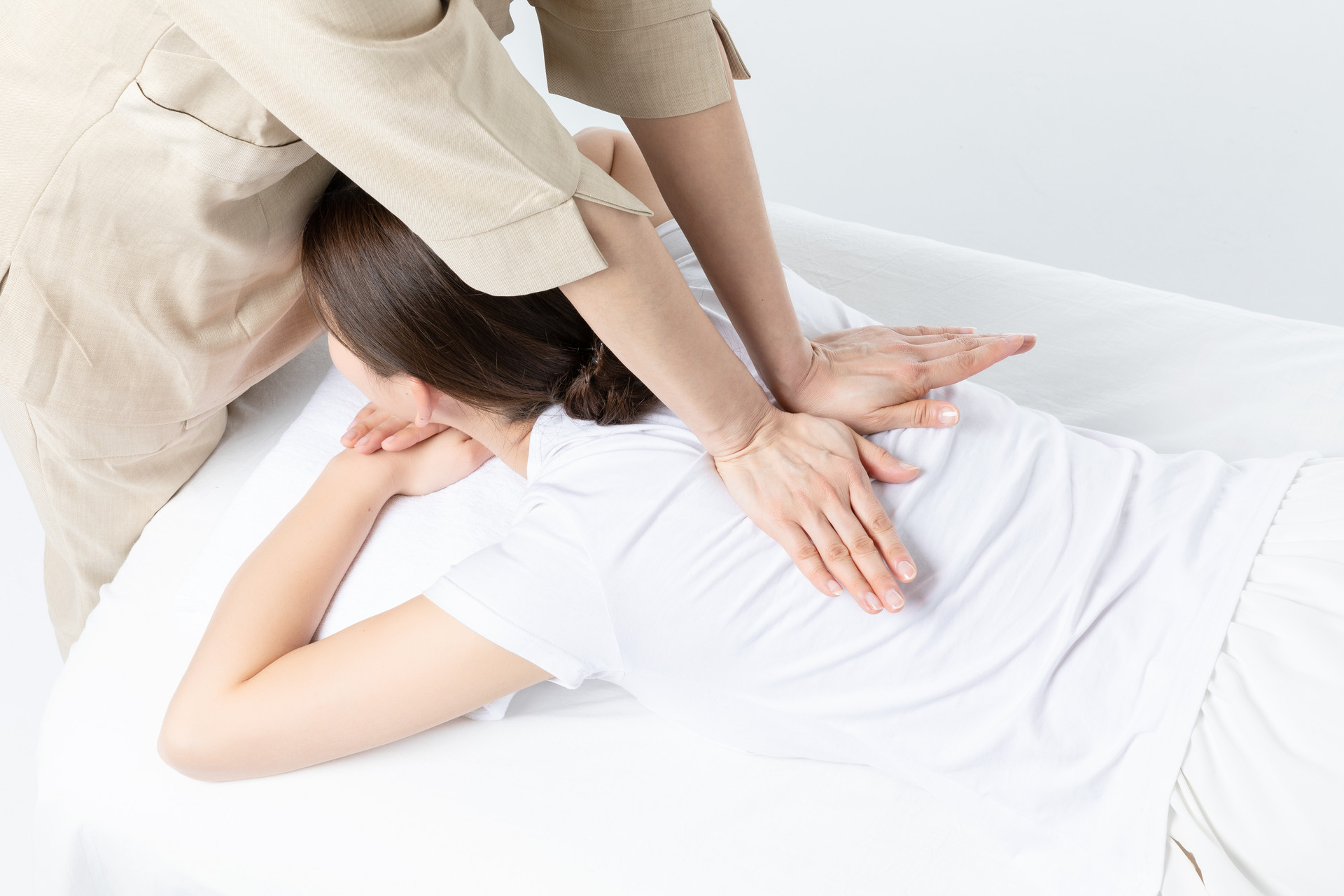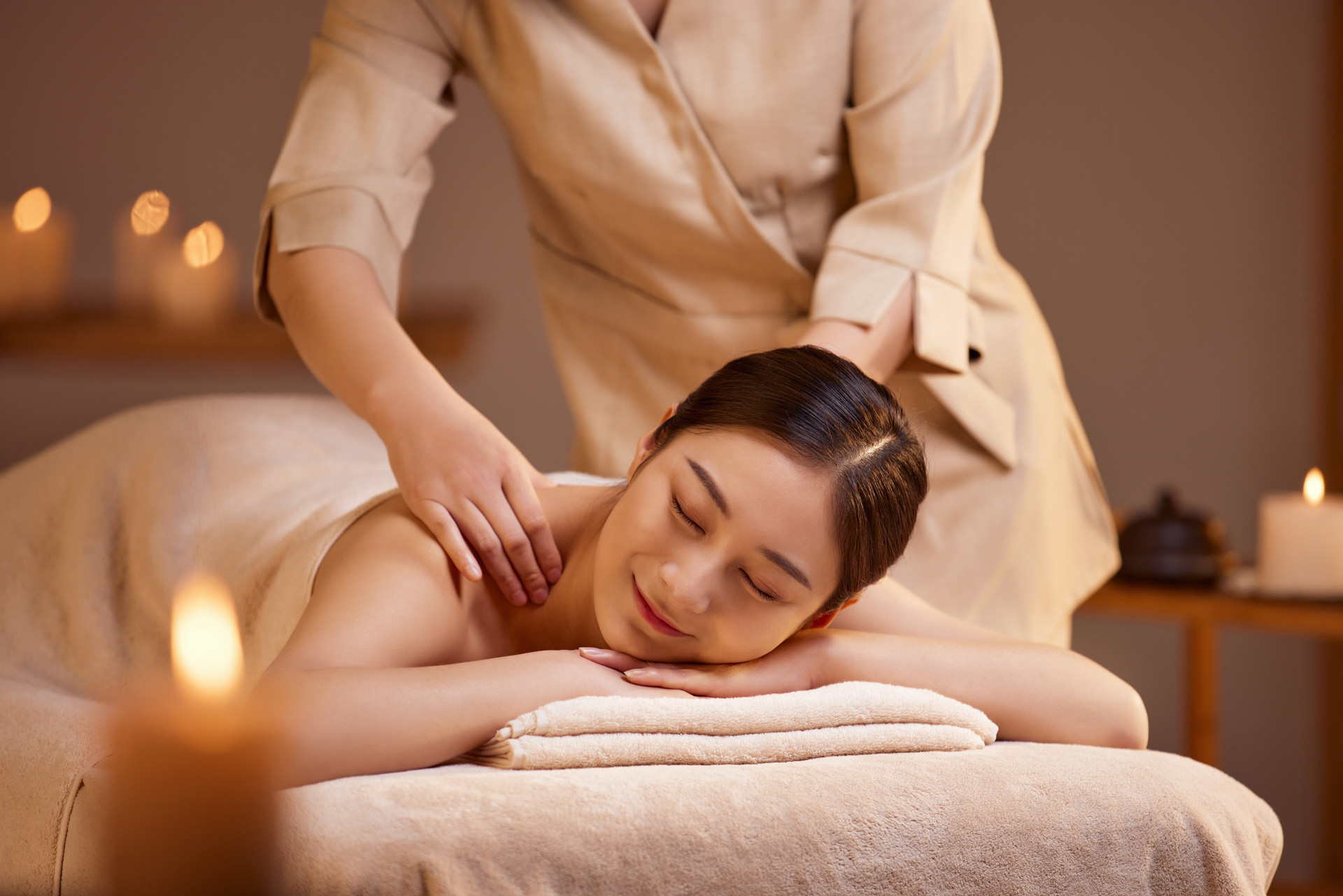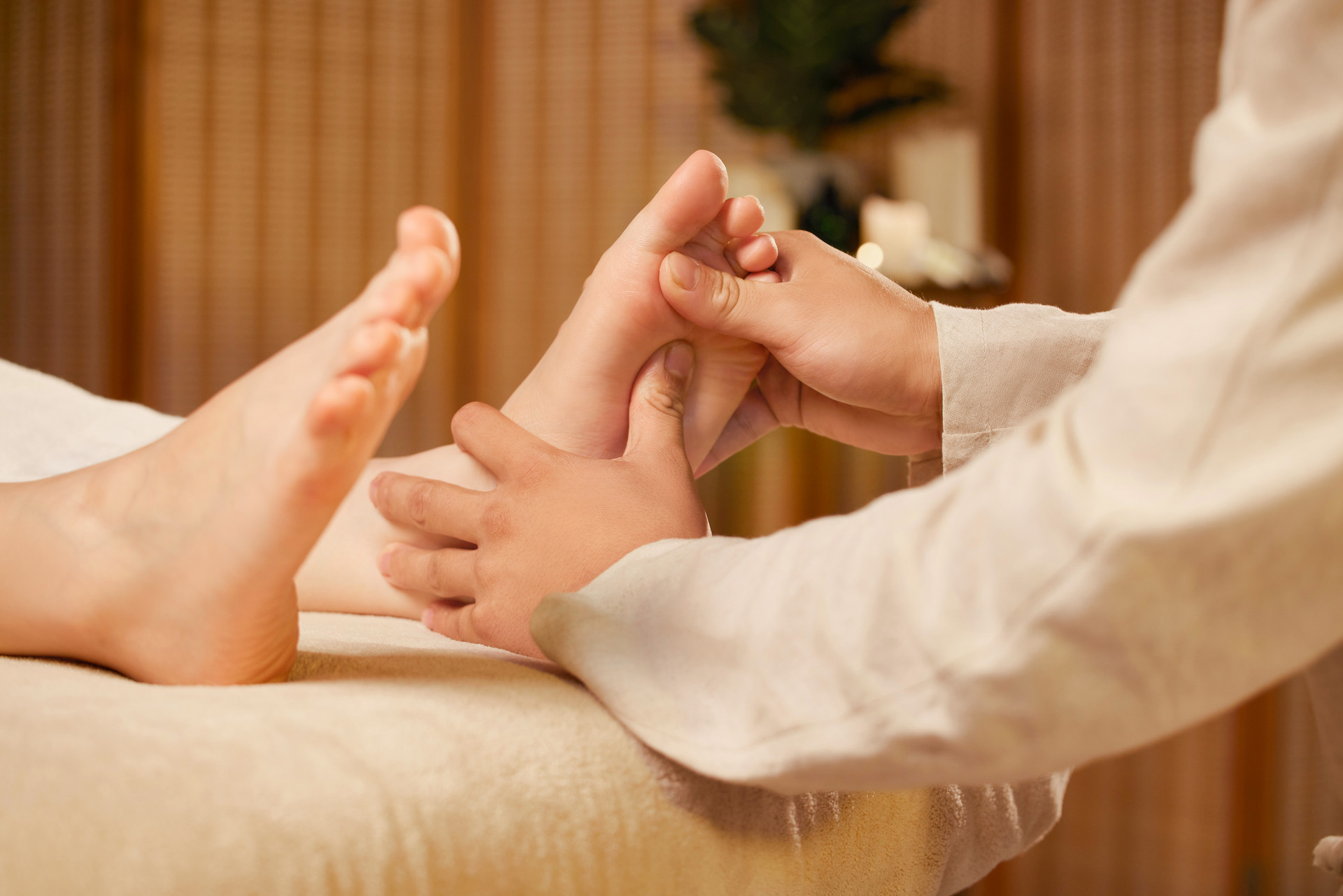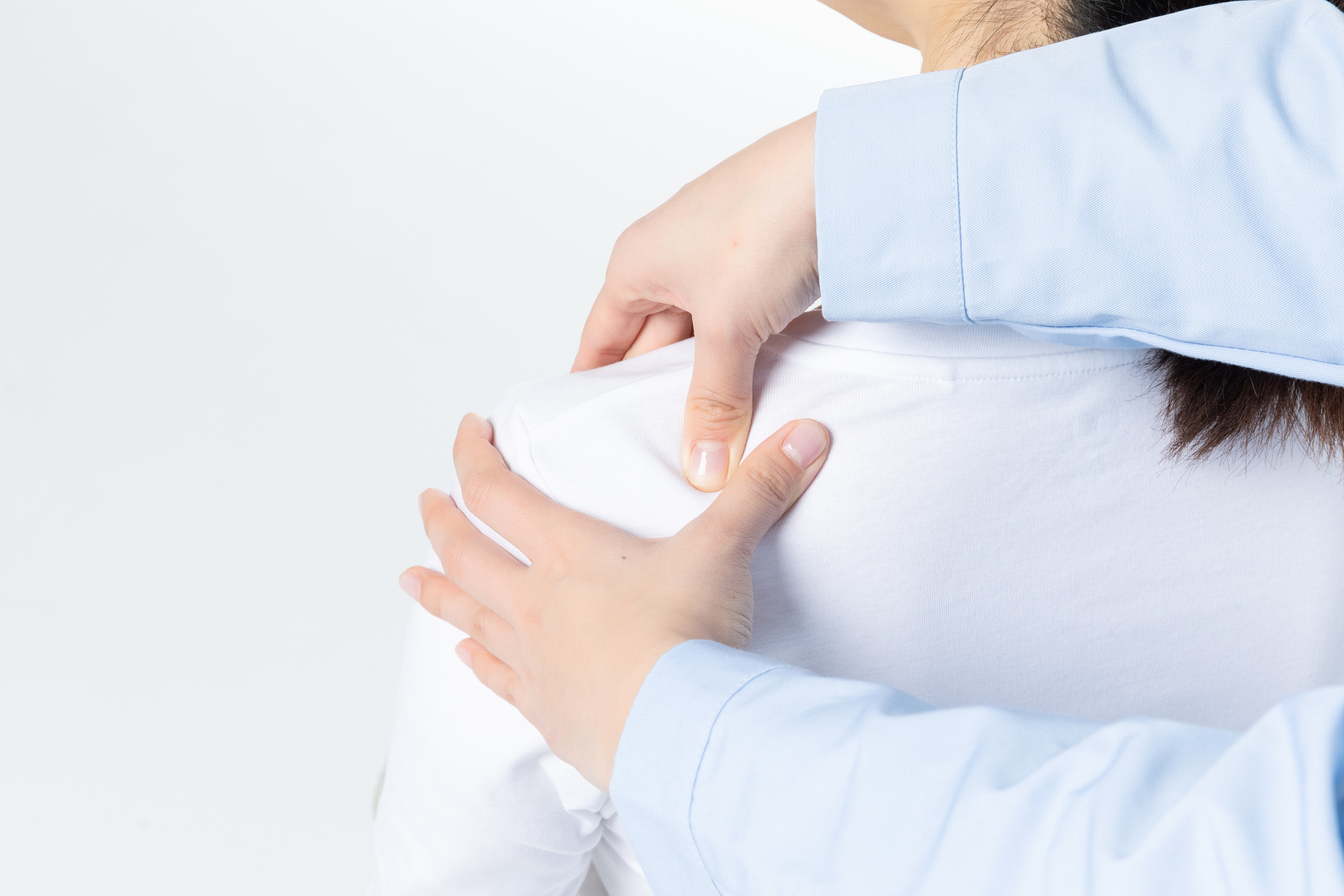
The term massage, mentioned in the Huangdi Neijing, says, "When the body is in fear and the meridians are blocked, the disease arises from lack of benevolence, and it is treated with massage and medicinal liquor..." The term Tuina, first appeared in the Ming Dynasty physician Wan Quan's "Yukelai", later mentioned massage, often used "Tuina" instead. Nowadays, it is common to see signs that combine Tuina and massage. Some people think that Tuina and massage are different, while others believe that they are the same. Who is right and who is wrong?
The difference between the two lies in the different needs.
The relationship between Tuina and massage should be viewed in the context of the times.
In ancient times, Tuina and massage were originally one, but now with different needs, there should be a more "subtle" distinction between them.
In reality, for the treatment of diseases, people often choose to go to regular hospitals and seek professional physicians for Tuina treatment; for daily health care, people often choose various massage parlors for health massage.
Over time, people tend to associate Tuina with professional doctors and hospitals, and associate massage with health care and parlors. Therefore, according to the current market segmentation, different places, the concepts of Tuina and massage are different from ancient times and cannot be equated.
Different from SPA as well.
Massage and SPA also differ due to their different origins.
Because massage originated in China, it is mainly based on various techniques, meridians, and acupoints. It is said that the name SPA comes from a small valley near Belgium called Spau, where there is a hot thermal area with rich minerals, and local residents often use hot spring baths to treat various diseases and pains.
Even today, there is an inseparable connection between SPA and "hydrotherapy". SPA combines bathing, massage, smearing, and aromatherapy to promote body metabolism and satisfy the senses of hearing, taste, touch, smell, and sight, making the body and mind comfortable.
When SPA, as a stress-reducing method, was introduced to China, it naturally absorbed excellent Tuina techniques, but they appear in various types of SPA venues mostly as an auxiliary form.
For daily health care, regardless of the chosen method, it is still necessary to choose a reputable institution, venue, and professional operators to avoid harm to the body.


